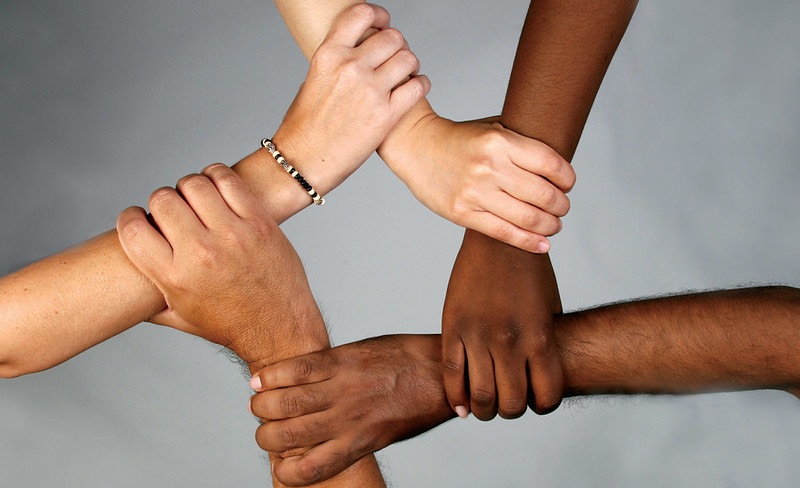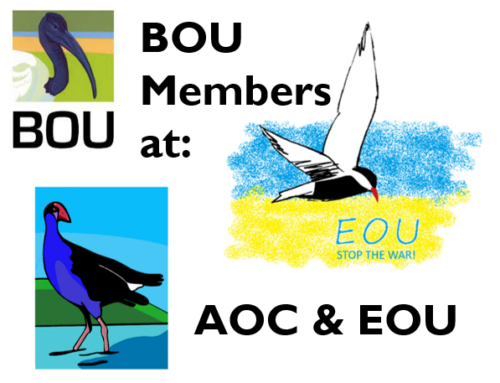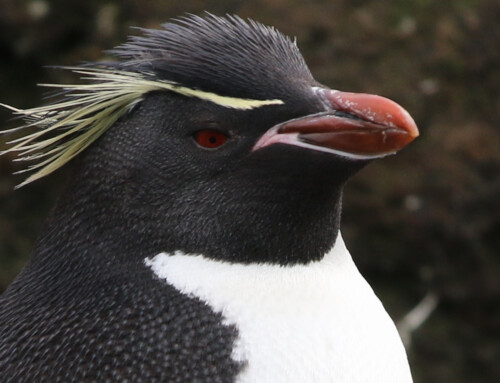I work in conservation. At least I think I do. Or I used to. At this point, I’m not sure.
I am white. I am cis, straight and able-bodied. When it comes to inclusion, I’m lucky. I am also a woman, and from a working-class background. That has been all it’s taken to make my work life a battle, from beginning to (perhaps) end.
I have been desperate to work in conservation since watching David Attenborough as a child. My Mom called it an ‘indoor picnic’. Every Sunday she’d lay a blanket on the floor, pile it with food, turn on the BBC and we’d sit down to watch. I was fascinated by the people; the rangers in Africa or the scientists in Antarctica. I wanted that. My particular interest, seabirds, started with my Dad. I remember being on a ferry during a holiday in Scotland, and him pointing out a Guillemot. I was blown away that a bird could be all the way out there, sitting happily on the sea. That was it, I was hooked.
To get a foot in the door you need a degree and lots of experience. Without an encouraging family who can afford to support you, it’s pretty much impossible. During my undergraduate and Masters degrees I worked in supermarkets to save money and scraped together whatever volunteering experience I could. At that age, even the practicalities of travelling to placements can be almost impossible. The nearest reserve was nine miles away. I couldn’t afford a car, and buses don’t reach such out of the way destinations. Instead, I would disappear off for a few weeks or months to whichever organisation would have me, staying with loved ones to avoid renting. My parents were always willing to ferry me to wherever was next, and always welcomed me home again, an understanding that continued during the following years of short-term paid contracts. These issues aren’t experienced by conservationists from wealthy families, who can devote a year or more to one placement, fund extra training and aren’t limited to placements close to friends or family.
On the day I was offered my first paid position, I was ecstatic. This was it! All my hard work had paid off. I had my dream job and it could only be easier from here. Little did I know. I was already aware that sexism had been an issue. It was well known that the previous manager at this particular reserve threw women’s applications straight into the bin. That was a thing of the past though, surely now, such things didn’t happen?
It didn’t take long though. In my first week, a colleague took a box I was carrying, saying that he ‘didn’t want me to get my nice jumper dirty’. Within a month I’d grown used to being asked ‘if my boyfriend was OK with me working here?’ Six years in, things haven’t improved. I have only had one female manager. I have been told that women shouldn’t do fieldwork. I have been turned down for jobs in favour of my partner or because he already worked there. This hasn’t happened the opposite way around. While working alone in a remote place I have been approached and asked if I am alone. In that context, this is at best tone-deaf and at worst genuinely threatening. In one instance, the man asked where I lived and followed me to my car. I have been asked what a nice girl like me is doing in a place like this? A male colleague has been asked ‘if he’s f*cked me yet?’ I have listened to an area manager speaking to my line manager about our project. After a while, he turned to me and asked ‘how do you get your hair to stay that way?’ In response to my dumbfounded expression he explained that he only wanted to include ‘the ladies’ in the conversation.
As I said though, I am lucky. There are ludicrously few BAME or LGBTQ+ workers in our industry. I haven’t seen many overt slurs towards these groups, but that doesn’t mean racism or homophobia doesn’t exist. I don’t see racism towards say, my Black colleagues, because I don’t have Black colleagues. That being said, I’ve seen my fair share of prejudice. One day, when welcoming tourists from visitor boats onto an island reserve, a deckhand shouted to me that he ‘had a darkie onboard’. I have been told that Black people don’t do fieldwork because they don’t like the rain. I have seen formal complaints that have gone ignored. I’m sure my own unconscious bias has led me to make mistakes of my own along the way.
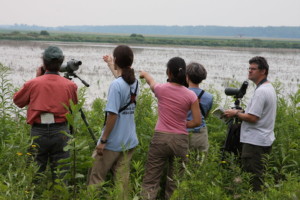
This blindness astounds me. It first became clear to me when my partner and I were running a public engagement project. We, and a team of volunteers, would show birds to passers-by. The first part of this job was to find the birds. I noticed that if I was the one to do this I was often ignored by volunteers until my partner found them, at which point everyone would leap into action. I mentioned this to my partner one day and was met with utter disbelief. I was aghast. We settled the argument with him agreeing to watch for it, and sure enough, the next day he apologised. It really hit me that if we haven’t experienced discrimination it is really difficult to perceive it, I guess simply because we don’t need to. We do need to though, we all need to be better.
Conservation discriminates. It discriminates against people of colour, the LGBTQ+ community. It discriminates against women. It discriminates against people from a low socio-economic background. It discriminates against the very people who will be hardest hit by the coming environmental crisis. Is it any wonder that as an industry we cannot appeal to a wide audience when we disregard so many?
Image credit
Featured image: Hands Wonder woman0731 CC BY 2.0 Flickr
Centre: Birders seabamirum CC BY 2.0 Flickr

